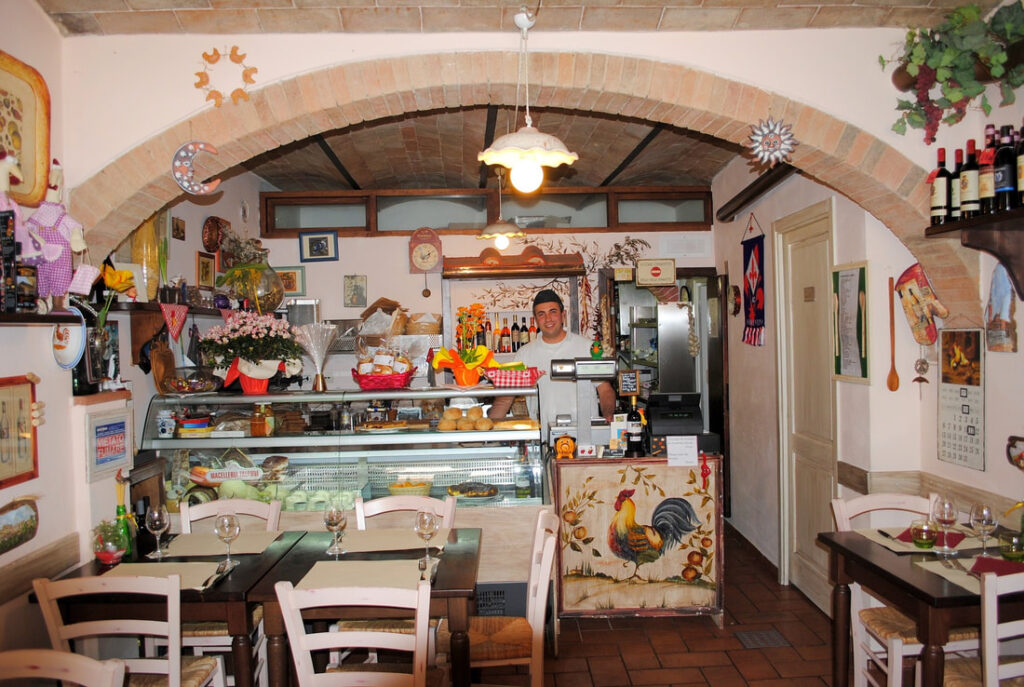

Who can open a business?
Non-EU Citizens are still potentially eligible to set up their business, but they should first make sure they meet the two following conditions:
If they are settled abroad or if they are willing to settle in Italy, the first aspect to check out is if their home country meets the conditions of reciprocity, which means that a foreign citizen can set up a company in Italy if an Italian citizen can set up a company in the country where that citizen is from.
American citizens won’t have to worry since reciprocity is most often met between the United States and Italy, but it can be more difficult to set up a business in Italy for citizens of other countries. A list of all the countries that meet the reciprocity requirement can be found on the official website of the Minister of Foreign Affairs.
If they are willing to settle in Italy, the second preliminary step to undertake is to make sure you are eligible for a visa, preferably issued for self-employment reasons, which is necessary to obtain a residence permit. It is pivotal to consider that the application for a self-employment visa and the following residence permit can take up to a year.
Preliminary steps
The first question to have clear in mind is the scope of business activity you would like to carry out in Italy since, for certain sectors, setting up a business is subject to the granting of licenses, authorizations and permits by the local Chamber of Commerce (Camera di commercio).
Once you have established the scope and the range of business activities to carry out in Italy, it is relevant to find out what kind of business model might suit your needs better. Every specific business structure differs on the risks you’re willing to bear and the amount of money you’re willing to invest.
A Società a responsabilità limitata (limited liability company) and the Società per Azioni (similar to a corporation) allow investors to be protected by the “corporate veil,” so that in the event of a crisis they will only lose the capital invested. This higher protection however comes at a higher cost in terms of initial investment and taxation.
Another option is the Società a responsabilità limitata semplificata which requires a lower capital investment and has generally less red tape to deal with.
In terms of unlimited liability companies, where the investors are personally liable for debts undertaken by the company, Italian law offers a wide range of business structures with easier and cheaper procedures to endure, known as società di persone.
Check out also our tips about starting a business in Italy.
How to open a company in Italy
The first step to set up your company in Italy is preparing and drafting the necessary documents with the assistance of a notary. The two main documents are the Atto Costitutivo (memorandum) and the Statuto (the articles of association). It’s important to keep in mind that the notary must also be present either to draft the Atto Pubblico (incorporation agreement) or to certify the signatures of the shareholders (scrittura privata autenticata).
The notary is also required to register your business in the Registro Imprese (Business Register) at the local Chamber of Commerce. This is the most relevant step since after registration the company will officially exist.
The business start date, however, can be put off until later. It is required to notify the Economic and Administrative Index (REA) at the local Chamber of Commerce of the business start date as well as the obligatory certified email address previously obtained. The certified email address (PEC, short for Posta Elettronica Certificata) can be purchased from any number of sources.
You will then receive a reference number, the tax identification number, and the Partita IVA (VAT number). Within 48 hours you will also receive a confirmation of registration in the Registro Imprese as well as documentation from INPS (Social Security Administration) and INAIL (Accident Insurance Office).


Opening a company bank account in Italy
● providing the chosen bank with the main documents previously mentioned;
● compiling necessary paperwork provided by the Italian bank of choice;
● assigning the task of interfacing with the bank to a company representative.
A note on freelancers
If your business does not require a complex structure and has fewer costs, you can also opt to work as a freelancer or lavoratore autonomo. This last option is by far the easiest since all you need to do is apply for a Partita IVA (VAT number) at the local Revenue Agency and enroll for the Gestione separata at INPS (Social Security Administration). It is also more convenient overall considering the taxation and the managing costs are lower.
It is still important to consider that this business form still requires a residence permit and it is also subject to the granting of licenses, authorizations and permits by the local Chamber of Commerce for certain activities, as mentioned above.
For more info check also our video about company’s taxes below.




